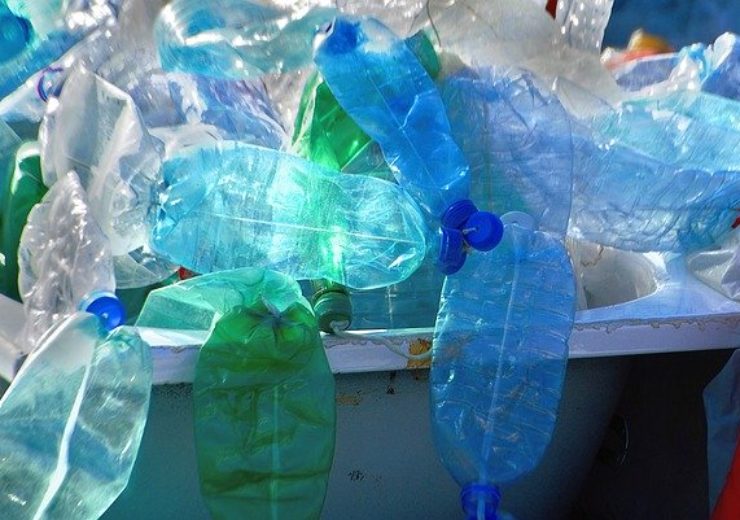Neste aims to process more than one million tons of plastic waste annually from 2030 onwards

Image: Neste and Ravago pledge for chemical recycling of over 200,000 tons of plastic waste annually. Photo: courtesy of VIVIANE MONCONDUIT from Pixabay.
Neste, a Finland-based provider of renewable diesel and renewable jet fuel, has partnered with Belgian plastic producing company Ravago to develop chemical recycling of plastic waste.
The collaboration aims to enable chemical recycling of over 200,000 tons of plastic waste annually while accelerating the circularity of materials and improve resource-efficiency in the petrochemical industry.
Additionally, the parties intend to provide more sustainable alternatives to primary fossil feedstock through the collaboration and enable the petrochemical industry to meet its recycling targets.
The team aims for chemical recycling of over 200,000 tons of plastic waste annually
Neste renewable polymers and chemicals executive vice-president Mercedes Alonso said: “Ravago’s geographical reach and expertise in plastics recycling together with Neste’s track record in upgrading challenging refinery feedstock provide an excellent foundation for demonstrating and scaling up chemical recycling with speed.
“Collaboration also brings Neste closer to having the necessary partnerships and infrastructure to meet our Plastics Pledge target.
“Our aim is to process annually more than one million tons of plastic waste from 2030 onwards. With this, we could contribute to increasing the annual recycling rate of post-consumer plastic waste by 25 to 30% from the current level in Europe.”
Neste said that chemical recycling allows firms to turn even coloured and mixed plastic packaging waste into raw material, which can be used for the production of new plastics, chemicals and fuels.
Ravago CEO Theo Roussis said: “At Ravago, we carry the waste issue at heart. Our company has been mechanically recycling polymers for nearly 60 years, however chemical recycling should be part of a sustainable solution that our society requires today to address the growing need for valorising consumer waste.
“We are proud and energised to establish this partnership with Neste, who is the leading company in the field of renewables, as it provides a solid foundation to enable the different nascent technologies to mature and the broader industry to take off. We want to give a definitive answer to plastic waste issue.”
Chemical recycling of waste plastic results in the raw material that can be used for applications, such as in primary food packaging as well as pharmaceutical and healthcare applications.
In June this year, LyondellBasell and Neste have announced the first commercial-scale parallel production of bio-based polypropylene and bio-based low-density polyethylene at a commercial scale.
